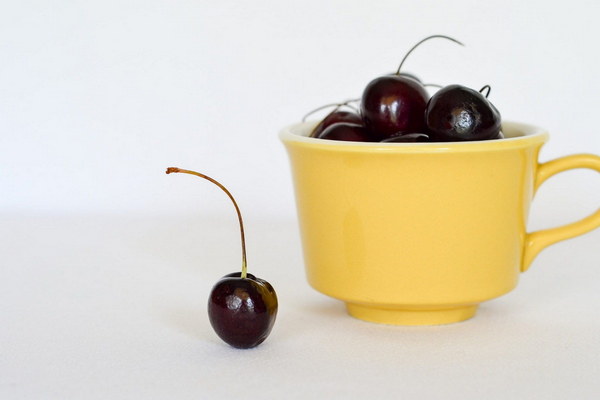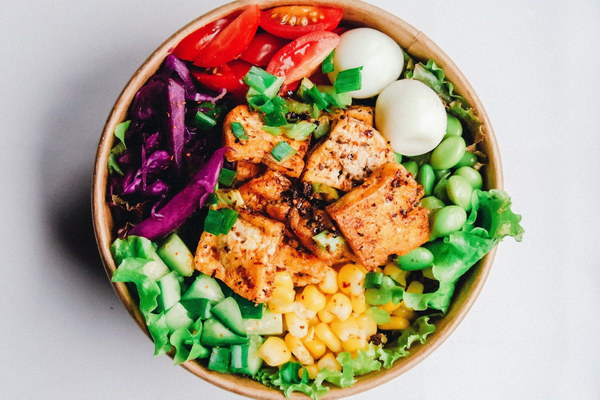Enhancing Male Fertility A Comprehensive Guide to Improving Yellow Sperm Health through Diet and Lifestyle
Introduction:
Yellow sperm can be a concern for many men, as it may indicate underlying health issues that could impact fertility. While there is no one-size-fits-all solution, adopting a healthy lifestyle and making certain dietary adjustments can significantly improve sperm quality and color. This article provides a comprehensive guide to enhancing male fertility by focusing on key aspects of diet and lifestyle.
1. Understanding the Causes of Yellow Sperm:
Yellow sperm may be a result of various factors, including:
- Infection: Bacterial or viral infections can lead to yellow sperm due to the presence of pus or white blood cells.
- Poor diet: Deficiencies in certain nutrients can contribute to sperm discoloration.
- Environmental toxins: Exposure to harmful substances such as pesticides, heavy metals, and certain chemicals can affect sperm health.
- Chronic stress: Stress can lead to hormonal imbalances and impact sperm quality.
2. Diet and Nutrition:
A balanced diet plays a crucial role in improving sperm health and color. Here are some dietary recommendations:
a) Increase antioxidants: Antioxidants can help combat oxidative stress, which may contribute to yellow sperm. Foods rich in antioxidants include:
- Berries (e.g., strawberries, blueberries, raspberries)
- Leafy greens (e.g., spinach, kale, and Swiss chard)
- Nuts (e.g., almonds, walnuts, and cashews)
- Fruits (e.g., apples, oranges, and pears)
- Whole grains (e.g., brown rice, quinoa, and oatmeal)
b) Consume vitamin C: Vitamin C is essential for sperm production and can help reduce the presence of yellow sperm. Good sources of vitamin C include:
- Citrus fruits (e.g., oranges, grapefruits, and lemons)
- Kiwi
- Bell peppers
- Berries
- Leafy greens
c) Eat vitamin E-rich foods: Vitamin E plays a crucial role in sperm health and can help improve sperm quality. Foods rich in vitamin E include:
- Almonds
- Avocado
- Sunflower seeds
- Hazelnuts
- Olive oil
d) Include zinc: Zinc is vital for sperm production and quality. Foods high in zinc include:
- Shellfish (e.g., oysters, crab, and lobster)
- Meat (e.g., beef, lamb, and pork)
- Legumes (e.g., lentils, chickpeas, and black beans)
- Seeds (e.g., pumpkin seeds, sesame seeds, and sunflower seeds)
e) Maintain omega-3 fatty acid intake: Omega-3 fatty acids are beneficial for sperm health and can help improve sperm color. Good sources of omega-3 fatty acids include:
- Fish (e.g., salmon, mackerel, and sardines)
- Flaxseeds
- Chia seeds
- Walnuts
3. Lifestyle Changes:

In addition to diet, certain lifestyle changes can help improve sperm health and color:
a) Regular exercise: Engaging in regular physical activity can boost overall health and promote sperm production. Aim for at least 30 minutes of moderate exercise per day.
b) Limit alcohol and tobacco consumption: Excessive alcohol and tobacco use can negatively impact sperm health and color. Reduce or eliminate these habits to improve fertility.
c) Manage stress: Chronic stress can lead to hormonal imbalances and negatively affect sperm quality. Practice stress-reducing techniques such as meditation, deep breathing exercises, or yoga.
d) Maintain a healthy weight: Obesity can contribute to poor sperm health. Aim for a healthy weight through a balanced diet and regular exercise.
Conclusion:
Yellow sperm can be a cause for concern, but with the right approach to diet and lifestyle, it is possible to improve sperm health and color. By incorporating the recommendations outlined in this article, men can take proactive steps towards enhancing their fertility and overall well-being.









